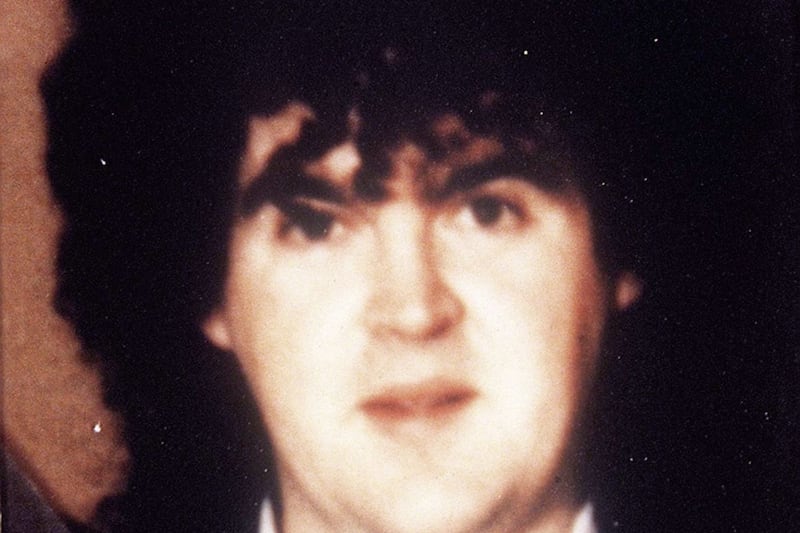Even at a period in 1989 when violence on all sides across our divided society was reaching appalling levels, the murder of Loughlin Maginn in front of his family caused enormous revulsion.
Mr Maginn (28) was watching television with his wife late at night, while his four young children slept upstairs, when an Ulster Defence Association gang burst into their home in the village of Rathfriland in Co Down.
He was shot dead as he tried to escape before the perpetrators made off in a car which was later found burnt out around two miles away.
What subsequently emerged turned already dreadful circumstances into one of the most shocking cases of the last five decades and beyond, as it became clear that Mr Loughlin had been targeted on the basis of information from official sources.
He was a Catholic with republican connections, which left him in a vulnerable position in a staunchly unionist area, and his fate was sealed when members of the UDA, an entirely illegal organisation, were allowed to enter a British Army base in Co Down and take a video tape of confidential files which made reference to him.
An 2021 investigation by Sir Desmond DeSilva found that the Royal Ulster Constabulary had advance knowledge of the UDA’s plans to obtain the intelligence material but did nothing to prevent it.
Evidence of even wider collusion became apparent after soldiers from the Ulster Defence Regiment, at that time a fully affiliated section of the British Army, were subsequently convicted of Mr Maginn’s murder.
His family sued the Police Service of Northern Ireland and the British Ministry of Defence for damages over the shooting, and are understood to have received a substantial sum as part of the undisclosed settlement which was confirmed on Friday.
There can only be enormous relief that political progress has pushed into distant history the days when republicans, loyalists and on occasions the force of the state were responsible for terrible bloodshed in all parts of the community.
The relatives of Mr Maginn deserve huge credit for their determination in pursuing their case in his memory over more than three decades to reach an ultimately successful outcome.
Their actions demonstrate why the British government’s legacy bill is so basically flawed and there will be widespread hopes that their right to obtain a full inquest into Mr Maginn’s murder will be recognised before any new legislation comes into force.




